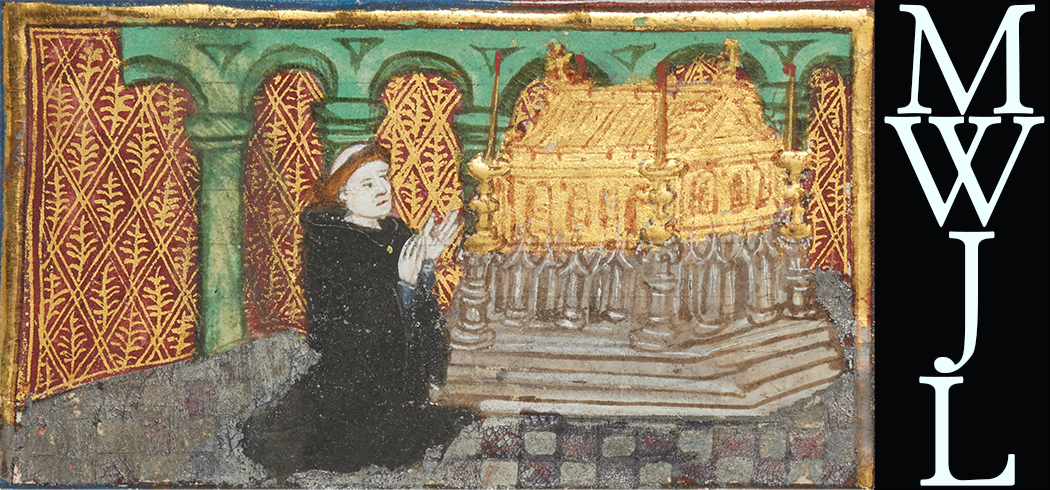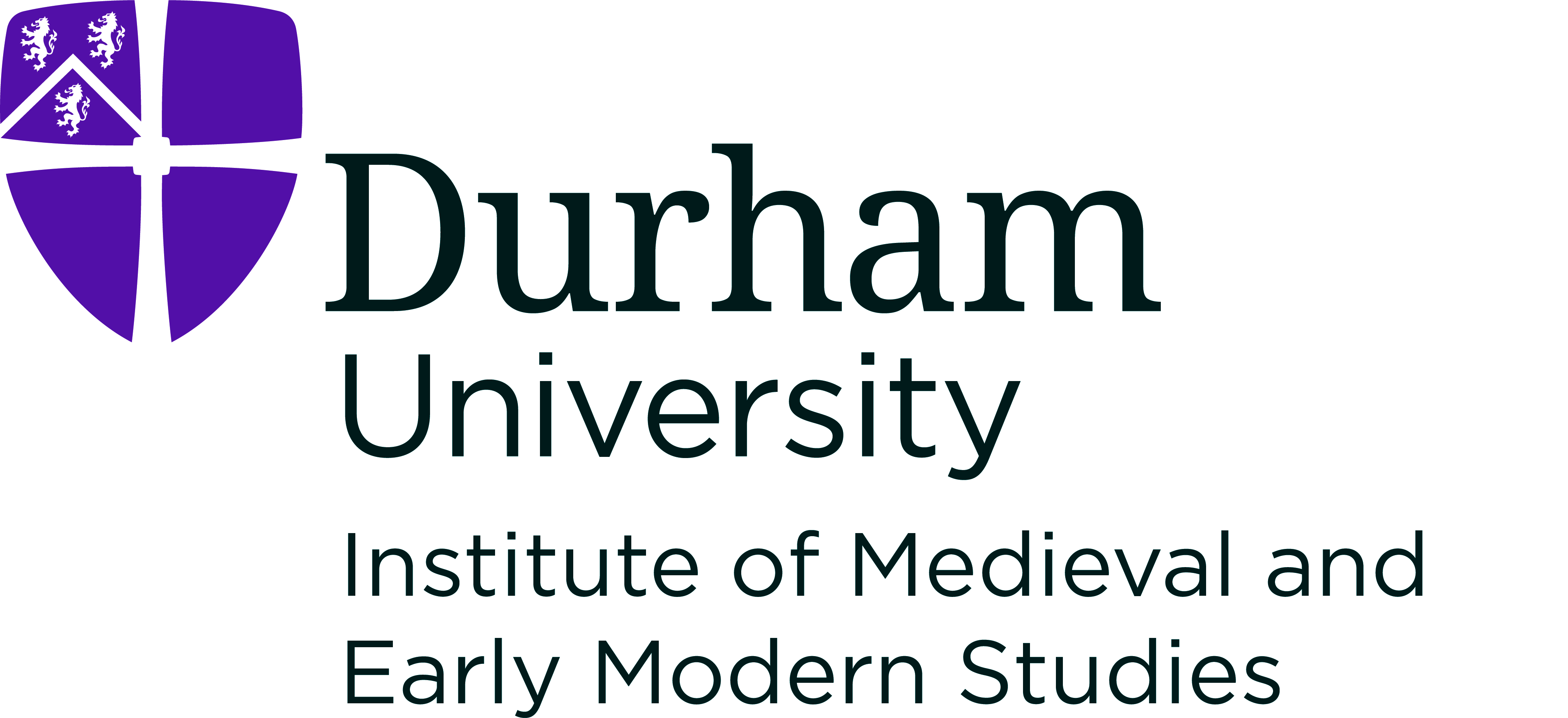 A Mumming at London:
Trinity R.3.20 Verses
A Mumming at London:
Trinity R.3.20 Verses
HomeAbout the ArchiveAbout John LydgateWorksManuscriptsAbout this ManuscriptEditorial ApparatusContactVisualization
Folio 28 Verso (page 58)
Compare Witnesses: •
ɲ
Þe foure •Sheo made / by vertu of a ring •
ffor to be made / a worþy kyng •
And by fals mourdre / I dare expresse •
he came to al his worthynesse •
Moost odyous / of alle thinges •
And Cresus ricchest / eeke of
kynges •
Was so surquydous in his pryde •
Þat he wende vponn noo syde •
Noon eorþhely thing migħt him pertourbe •
Notes
-
MacCraken renders this as "two," but it's clear both from the layout of glyphs in the word and comparison with "with" both earlier and two lines below "twoo" that this must be two letters. This serves as another example of a stealth edit that MacCraken has done. ↩
-
MacCracken corrests this to "manny" in the EETS edition, making a marginal note that he's done so. I'm not sure why this word, in particular, merits a marginal note when other edits made do not. Additional 29729 renders it as "mannys," suggesting that it is either intentional to Lydgate's original composition or that Add. 29729 and Trinity R.3.20 shared an exemplar that contained "mannys." ↩
-
The form of "N" here is markedly different from other examples -- see "Noon" above -- with an ascender to the left that dips well below what is expected and a malformed bow. It may be that the scribe started out writing the first "f" of "For," then corrected. Add. 29729 has "Nor," as does the EETS edition based on this manuscript. ↩












